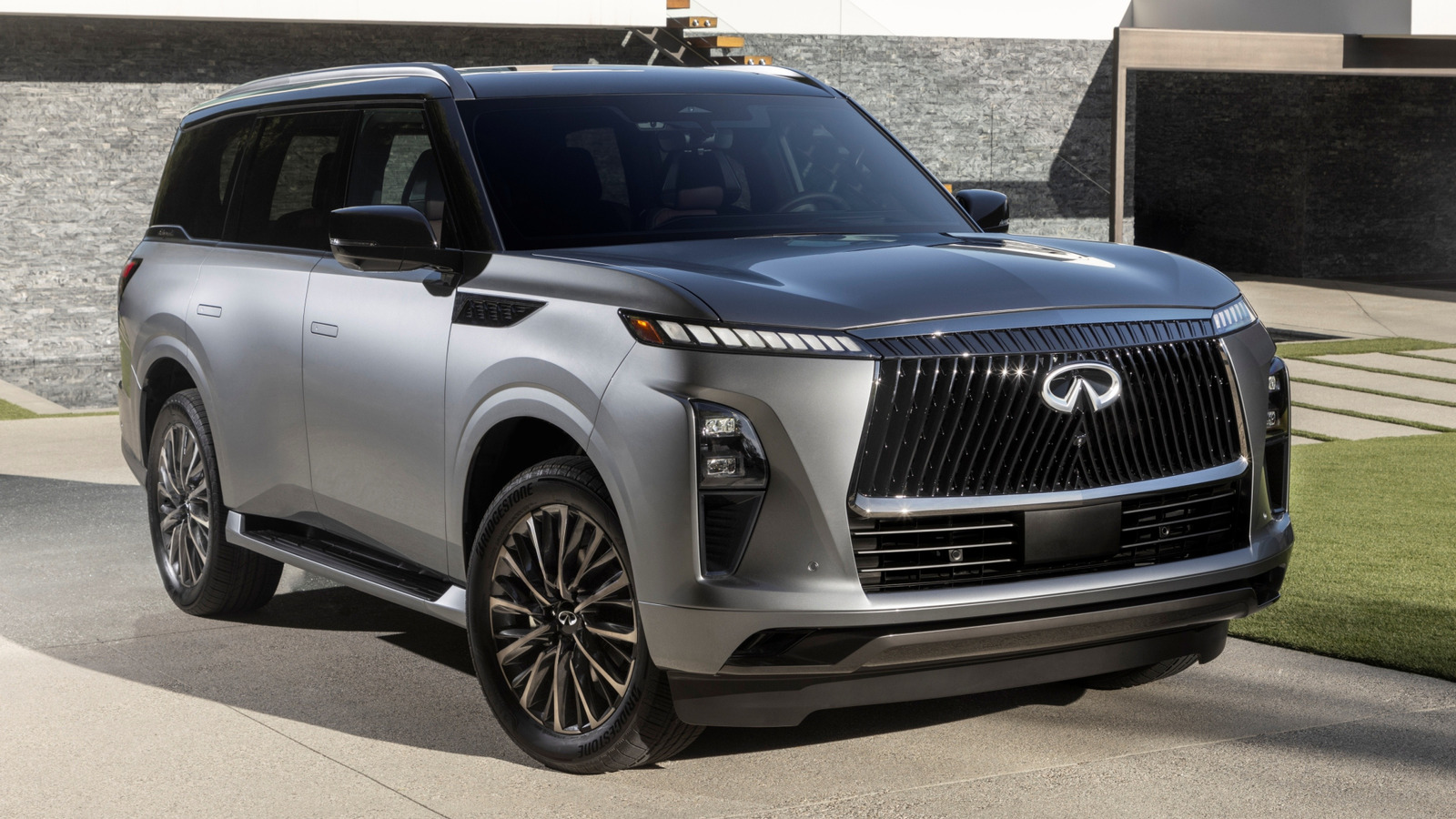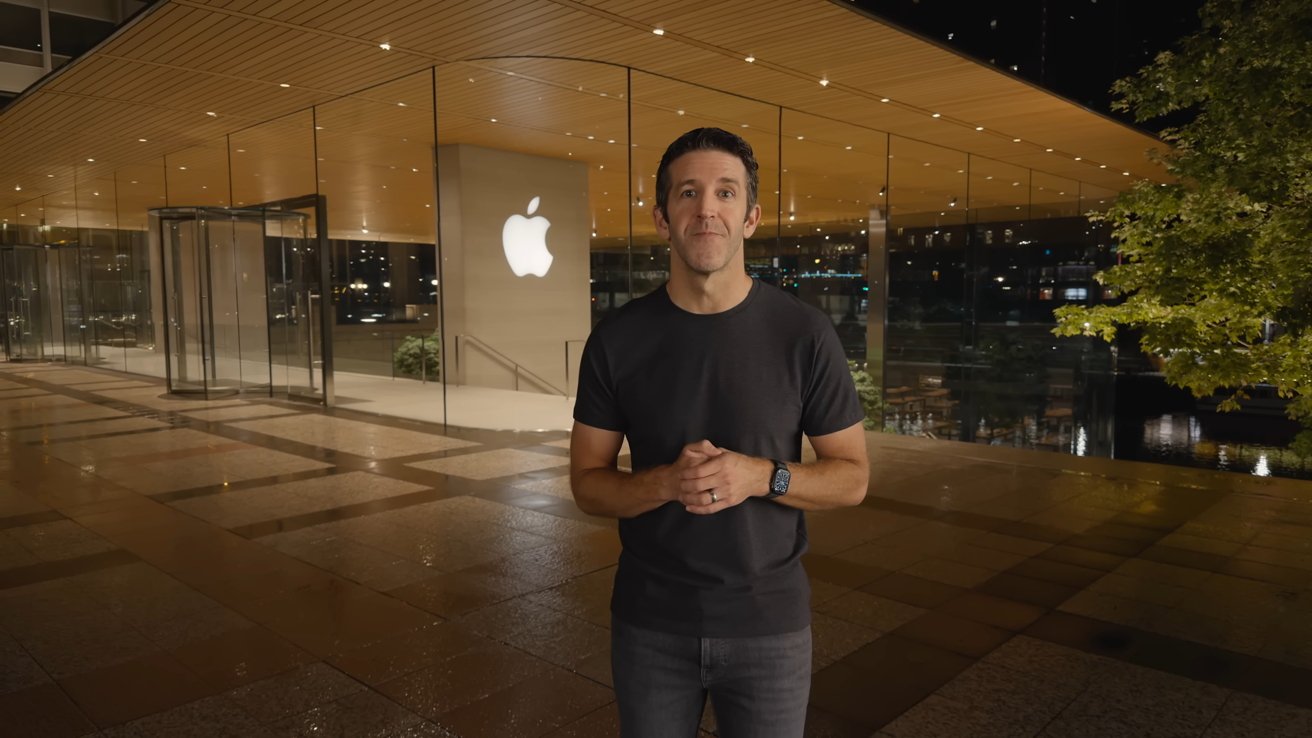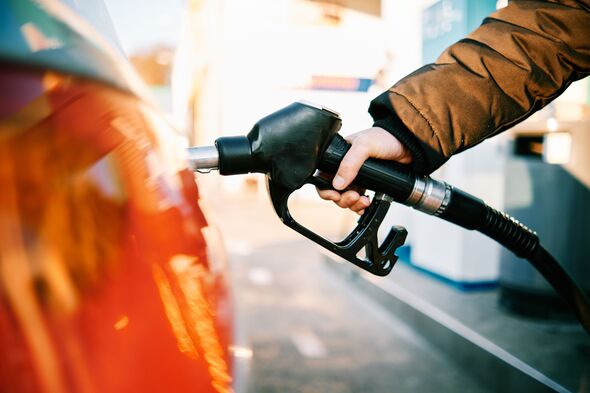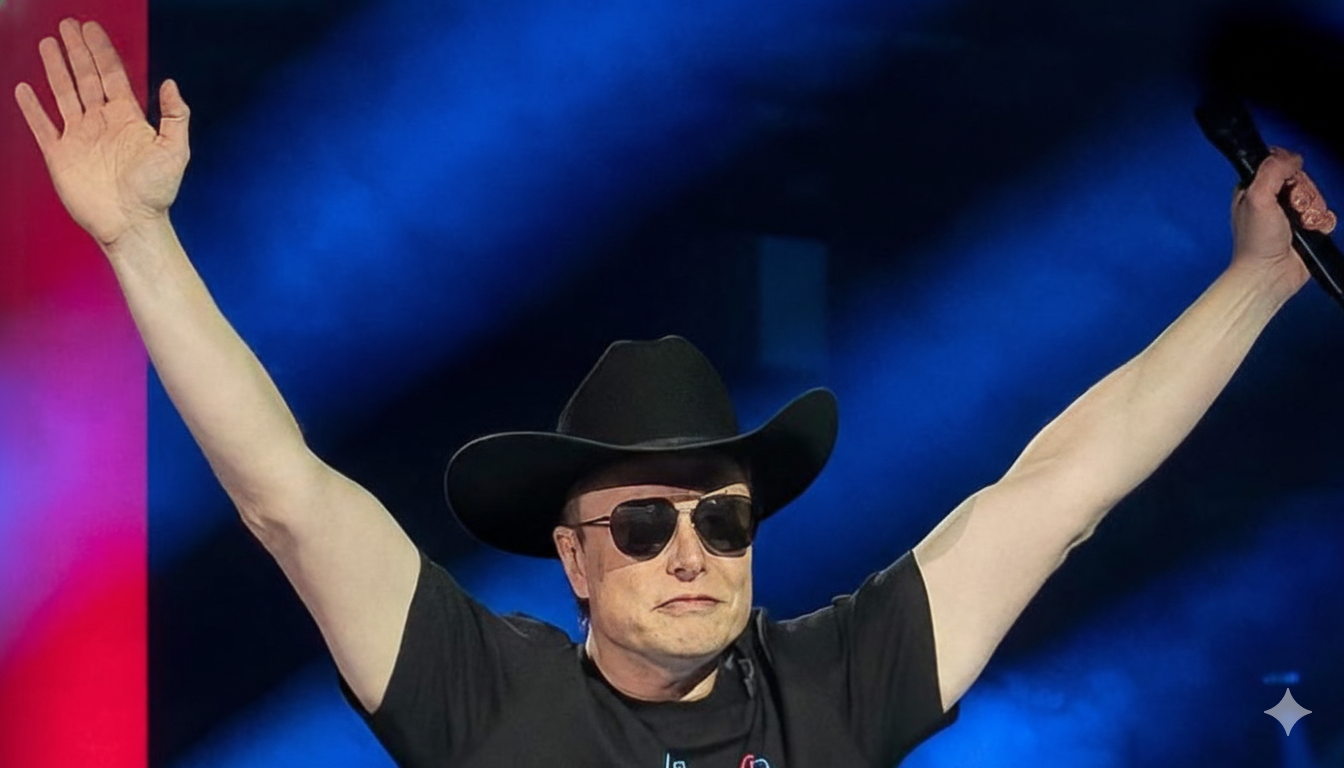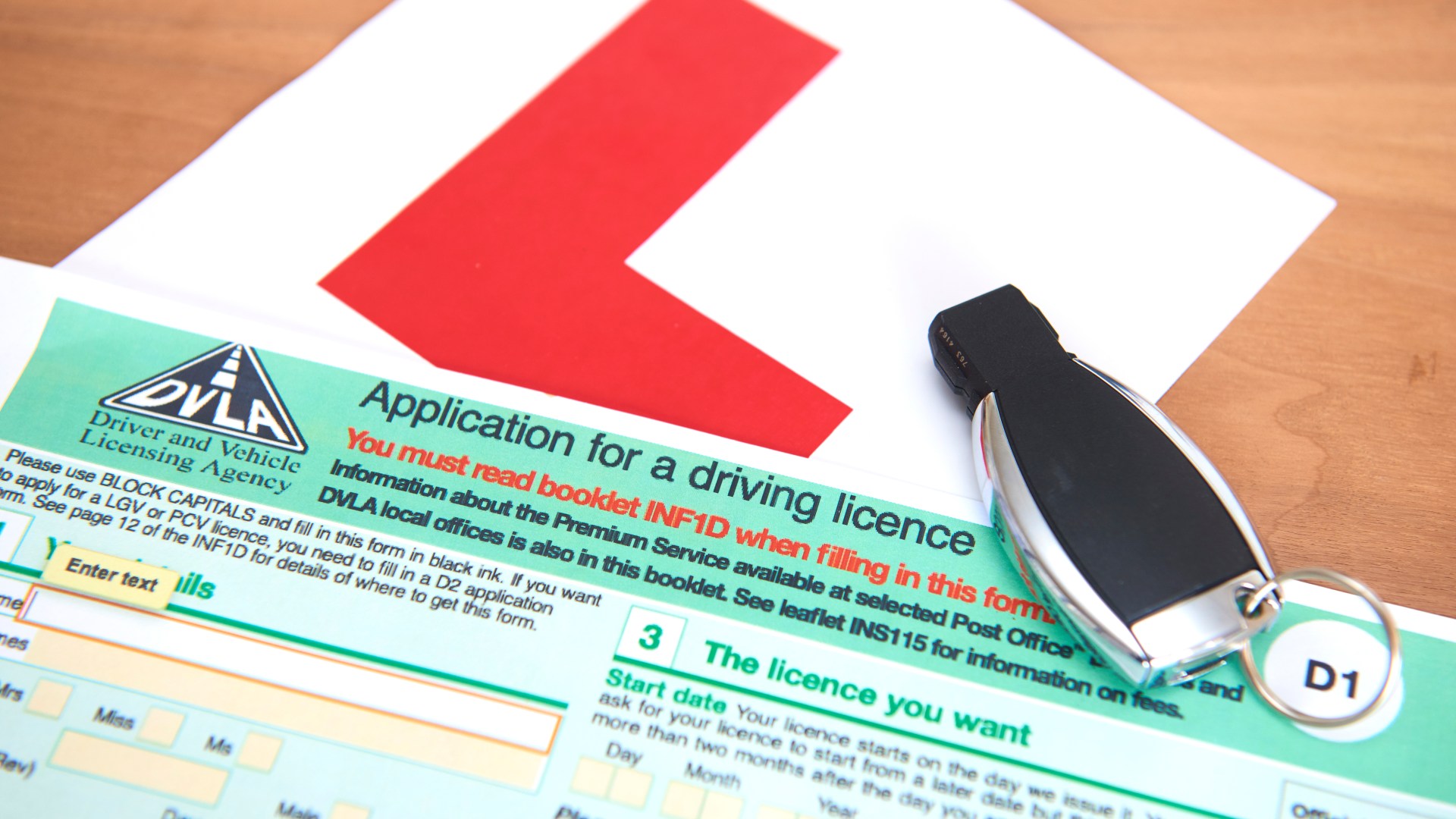As automotive buyers navigate the market in 2025, understanding vehicle depreciation is crucial. Certain cars lose their value significantly faster than others, making them less appealing as investments. Research conducted by iSeeCars identifies 13 models expected to lose at least 60% of their original value within five years. This analysis underscores the importance of choosing wisely when purchasing a new vehicle, particularly for those considering future resale.
Luxury SUVs Struggle with Resale Value
The Land Rover Discovery exemplifies the challenges faced by some luxury SUVs. Despite being a capable and upscale model, it suffers from strong competition within its own brand, notably from the Defender and Range Rover. According to iSeeCars, buyers can anticipate a depreciation of 60.9% after five years. This lack of a unique selling point, combined with a reputation for patchy reliability, diminishes its appeal in the used car market.
The Audi A6, while undergoing a significant redesign for the 2026 model year, is unlikely to improve its value retention. The car is known for high maintenance costs and is expected to lose around 60% of its value within five years. Although enhancements in efficiency and design may attract new buyers, they do not address the depreciation concerns of previous models.
Notable Depreciation Among Other Models
The Infiniti QX60 has also garnered attention for its sharp depreciation, losing 61.5% of its initial value in five years. The QX60’s similarity to the more affordable Nissan Pathfinder raises questions about its pricing strategy, leaving used buyers hesitant due to the steep losses.
The Audi Q7 faces a similar fate, with a projected depreciation of 61.6%. While the vehicle maintains a spacious interior and seven-seat configuration, its value doesn’t hold up well compared to rivals such as BMW and Mercedes-Benz, which tend to perform better in resale markets.
Another high-end vehicle, the Audi A8 L, has shown limited updates for 2026. With a projected depreciation rate of 62.7%, it struggles against competitors like the Mercedes-Benz S-Class, which loses slightly less at 60.7%.
The Range Rover remains a popular luxury choice but is anticipated to lose an average of 62.9% over five years. Its high price point and maintenance costs may deter resale buyers, although the brand continues to achieve strong sales figures.
American Luxury Models and Electric Vehicles
The Cadillac Escalade, particularly in its ESV form, is another model experiencing rapid depreciation, expected to lose 62.9% of its value. Despite its luxury features and high performance, the Escalade’s excessive size and fuel economy figures raise concerns for potential buyers.
On the electric vehicle front, the Tesla Model X is projected to lose 63.4% of its initial value after five years. Although it offers advanced technology and performance, concerns regarding build quality and maintenance costs may hinder its resale appeal.
The Nissan Leaf, particularly its older model, faces steep depreciation with a loss of 64.1% due to limited range and older technology. This is compounded by battery degradation over time, affecting its practicality for potential used car buyers.
Finally, the BMW 7-Series stands out for its significant depreciation, losing an average of 67.1% within five years. This rapid decline places it at the top of the list of depreciating vehicles, highlighting the challenges faced by luxury sedans in the current market.
The findings from iSeeCars, based on over 800,000 used car listings sold between March 2024 and February 2025, provide valuable insights for prospective buyers. Understanding which models depreciate the most can guide consumers in making informed purchasing decisions, whether they are looking for a new vehicle or seeking a bargain in the used market. As the automotive landscape continues to evolve, buyers should remain vigilant about depreciation trends to protect their investments.

